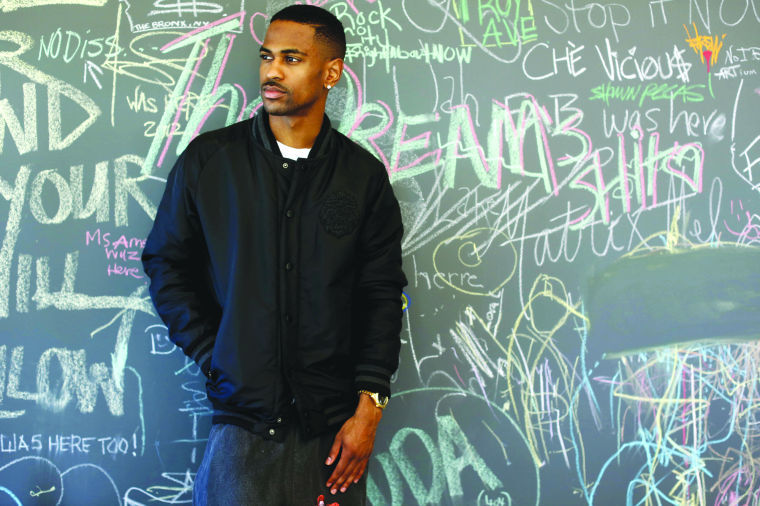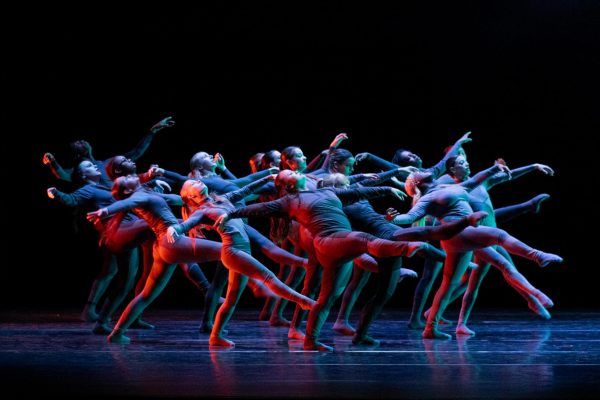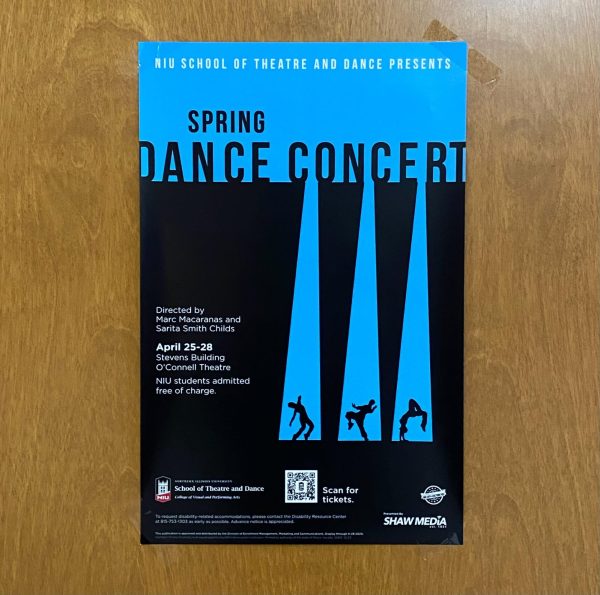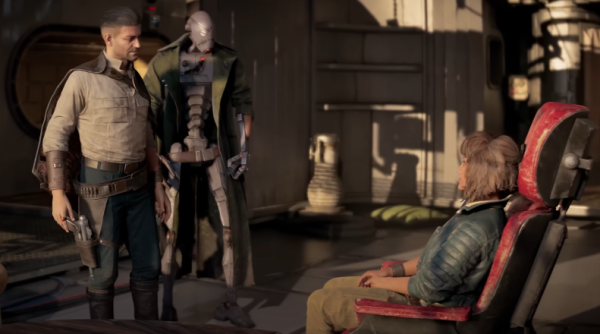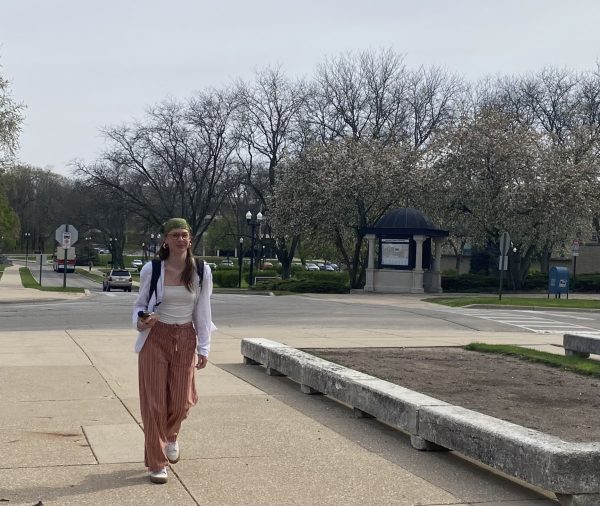Big Sean takes control in ‘Hall of Fame’
In this Friday, Aug. 16, 2013 photo, Big Sean poses for a portrait at Island Def Jam in Santa Monica, Calif. The rapper releases a new album, “Hall of Fame,” on Aug. 27, 2013.
August 29, 2013
Detroit native and rapper Big Sean steps on the scene this week with his highly personal sophomore debut, “Hall of Fame.”
Big Sean delivers on his effort to be more intimate with listeners, providing more detail of his journey than his previous LP release, “Finally Famous.” “Hall of Fame” almost sounds like a prequel to his first album, and it features Big Sean as a more polished storyteller. The album debuted Tuesday amid the huge hype surrounding Big Sean’s release of the song “Control” last week. Even though fellow artist Kendrick Lamar’s verse on the song rocked the hip hop and pop culture worlds, it couldn’t make its way onto the LP due to licensing conflicts. Aside from the media blitz surrounding “Control,” Big Sean delivers a relatable, at times inspirational release in “Hall of Fame.”
The first track on the record, “Nothing is Stopping You,” paints a picture of his initial struggle to prominence with lines like “Heart up on the stage, body in the crowd.” This album was full of tweet-worthy lines as reminiscent of one of my favorites, “Stop having people at your shows that weren’t in rehearsal,” from the track “Fire.” However, he lacks luster on some of his offerings like “MILF” and “Freaky,” which just seem like they don’t fit with the overall concept. Sean also gets annoying with constant references to his work ethic and no-sleeping habits.
“Hall of Fame” really doesn’t come off as commercial as “Finally Famous.” Big Sean spends time surveying more humanistic topics like family, his bout with depression and even delving deeper into elements of his past relationship. The track “Beware” comes off clean with nice vocals from artist Jhene Aiko and a refreshing verse from Lil Wayne at the end. Big Sean had well-placed features on this LP, but some of his content within the middle of the album didn’t add to it all. Most of the production on the project was decent but nothing too exciting. Big Sean helps us party a little less, but in the process he adds more depth and memorability to his body of work, while reminding us he doesn’t sleep much.



